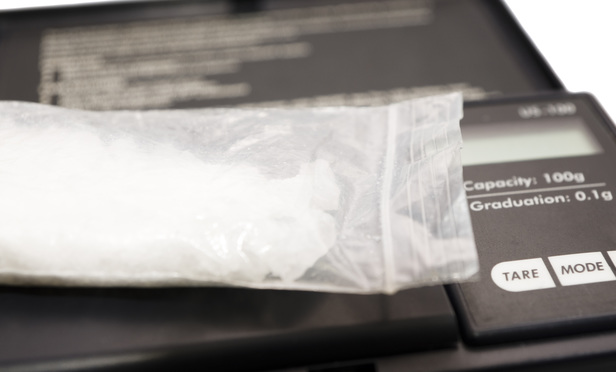Evidence of methamphetamine cooking that police said they discovered during a “protective sweep” of an apartment should have be suppressed at the trial of a resident, an appeals court determined.
The Appellate Division, Third Department, panel said a warrantless protective sweep must be confined to searching areas where people could conceal themselves so that officers can proceed with questioning and arrests in safety.
This content has been archived. It is available through our partners, LexisNexis® and Bloomberg Law.
To view this content, please continue to their sites.
Not a Lexis Subscriber?
Subscribe Now
Not a Bloomberg Law Subscriber?
Subscribe Now
LexisNexis® and Bloomberg Law are third party online distributors of the broad collection of current and archived versions of ALM's legal news publications. LexisNexis® and Bloomberg Law customers are able to access and use ALM's content, including content from the National Law Journal, The American Lawyer, Legaltech News, The New York Law Journal, and Corporate Counsel, as well as other sources of legal information.
For questions call 1-877-256-2472 or contact us at [email protected]



